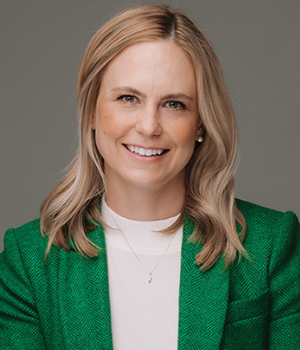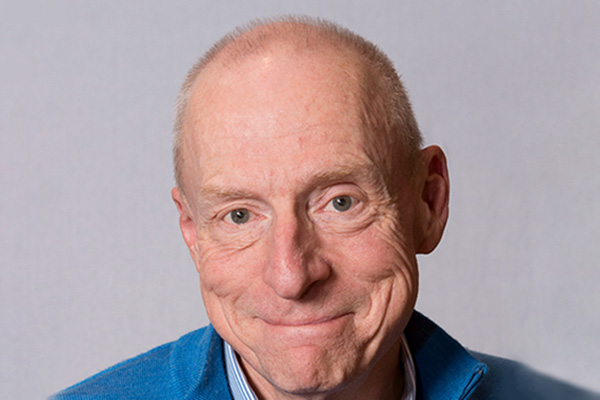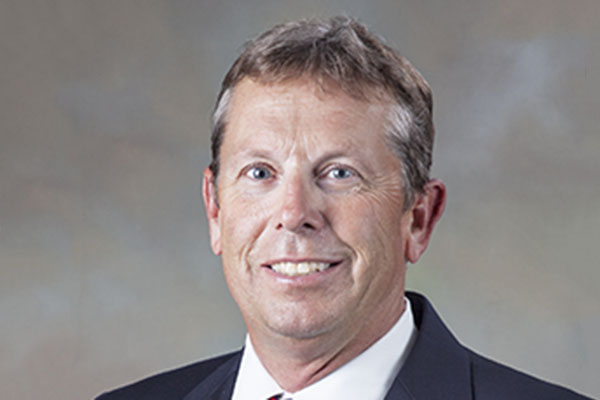
While imposter syndrome might sound like a psychological term, it’s not actually a diagnosable disorder. Imposter phenomenon is a more accurate description for the feelings of inadequacy that are sometimes experienced as we navigate our academic training and careers. You might feel concerned that your success, accolades, and accomplishments are more from good fortune than from hard work and valuable contributions. Funny enough, it’s often high performers and high achievers who struggle with this! It’s important to note that many people - from all genders - experience these feelings, so you don’t need to feel alone.
The best way to tackle imposter syndrome is to first acknowledge what you’re feeling, and spend some time in self-reflection and objective evaluation. Keep a folder - either digital or printed - of highlights and accolades you’ve received. This can be as small as a kind note from a student or colleague, a publication you’re proud of, a great performance review, or an award recognition. When you’re questioning your abilities or contributions, pull out these highlights and reflect on all you’ve done. At the same time, remember the hard work you put in to accomplish these things, and allow yourself to acknowledge that objective reality. It can help to find a group of people you trust to have these open and honest discussions with.
I recently attended an IUPAC/ACS-sponsored event on this topic, hosted as part of the Global Women’s Breakfast celebration in Boston. We had the opportunity to hear from a renowned expert on this topic: Dr. Valerie Young. Dr. Young has defined five subgroups of imposter syndrome: the Perfectionist, the Superwoman/man, the Natural Genius, the Soloist, and the Expert. These additional definitions and details around how imposter syndrome manifests are very helpful in working through what you’re experiencing. Separating our emotions from reality can be very difficult, so don’t get frustrated if sorting through this takes some time and practice. There’s also no shame in coming to chat with an ACS Career Consultant. We’re here to coach you through all stages of your career, and help you set milestones for becoming the best version of yourself along the way.
This article has been edited for length and clarity. The opinions expressed in this article are the author's own and do not necessarily reflect the view of their employer or the American Chemical Society.
ACS Career Consultants are experts and leaders working in the field of chemistry who have volunteered to support other ACS members’ career development through one-on-one career counselling. They can stimulate your thinking, ask important career planning questions to help clarify goals, provide encouragement, teach strategies for making meaningful career decisions, and aid you in your job search. Connect with an ACS Career Consultant today!
Copyright 2022 American Chemical Society (All Rights Reserved)








